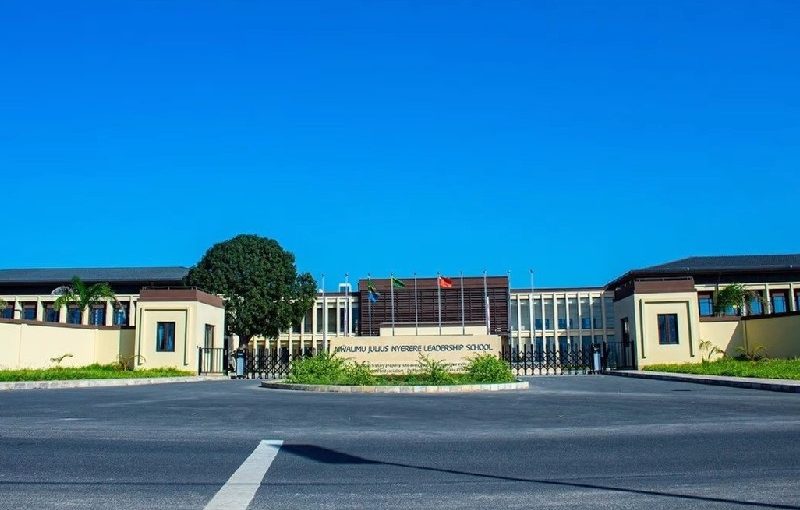Global Issues
China Opens its First Party School in Africa -By Kestér Kenn Klomegâh
The school provides a platform for China to enhance exchanges with leaders as a form of “party-to-party” diplomacy. Like many countries in southern Africa, Tanzania was greatly influenced by Maoism and the Communist Party during the 1960s and 1970s under founding president Julius Nyerere.

China has completed its first Political Party School in Tanzania, East Africa. It has taken in its first batch of students from six African countries. All of the political entities taking part have ruled their countries without interruption since independence. According to news agencies, 120 cadres from African ruling parties are attending the workshop at the US$40 million facility in Tanzania funded by the Chinese Communist Party.
The construction of the Mwalimu Julius Nyerere Leadership School in Kibaha, 40km outside Dar es Salaam in Tanzania, was financed by the six ruling parties of the southern African countries. The additional support came from the ruling party in Beijing through its International Liaison Department, the bureaucracy in charge of promoting Chinese ideology overseas and inter-party diplomacy.
The school provides a platform for China to enhance exchanges with leaders as a form of “party-to-party” diplomacy. Like many countries in southern Africa, Tanzania was greatly influenced by Maoism and the Communist Party during the 1960s and 1970s under founding president Julius Nyerere.
Although Sino-African relations have almost entirely shifted to economic engagement, with China’s presence in Africa increasingly associated with mega infrastructure projects, echoes of Chinese socialism can still be heard in Tanzania, as well as many other countries on the continent.
Political parties from South Africa, Mozambique, Angola, Namibia and Zimbabwe still look to learn from China’s governance and economic model. Observers say no African country has completely adopted the Chinese “model” but most appreciate some of its elements, such as a single-party state or state-led development.
In recent years, the party has intensified its push to solidify its political relations with African ruling parties, inviting hundreds of their officials on “study tours” to China each year.
The approach remained consistent from the 1990s, when Beijing began aggressively promoting the “Chinese form of governance” in Africa, until Covid-19 put a stop to any form of gathering that risked further spreading the virus, although some meetings continued to be held virtually.
Song Tao, the then head of the International Department of the party’s Central Committee, gave a virtual address to attendees of the Southern Africa Youth Cadres workshop in early June, highlighting the long-term friendship and shared concepts of the parties.
“In the face of the changes and the pandemic both unseen in a century, the CPC is ready to strengthen experience exchange in state governance and administration with the six parties,” said Song, who has since been replaced by Liu Jianchao, a veteran diplomat.
Jean-Pierre Cabestan, a senior research fellow at the French National Centre for Scientific Research and a research professor at Hong Kong Baptist University, in a recent paper published by the National Bureau of Asian Research said that “in Sub-Saharan Africa the CPC has focused on ruling rather than opposition parties and countries that matter for the Chinese economy.”
Chinese President Xi Jinping, who is also general secretary of the party, replied to a letter from the workshop participants with the hope that they “take an active part in the cause of the China-Africa friendship, carry forward and pass on the spirit of China-Africa friendship and cooperation,” according to the South China Morning Post.
The Chinese Communist Party has set up relations with 110 political parties in 51 countries out of 54, as laid out in a white paper issued by Beijing at the end of the 8th Forum on China-Africa Cooperation (FOCAC) in Dakar, Senegal.









